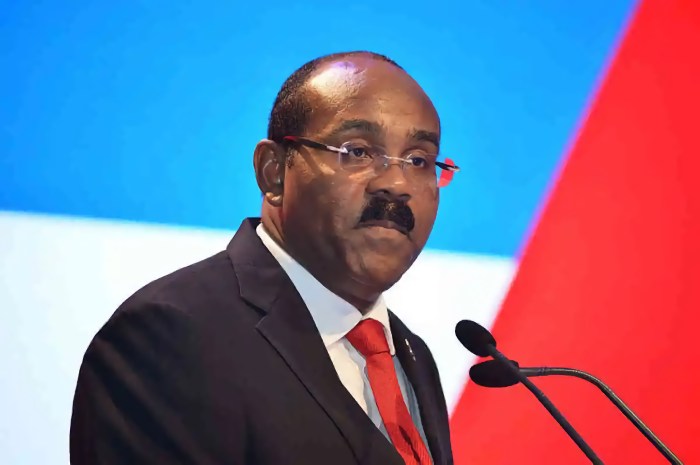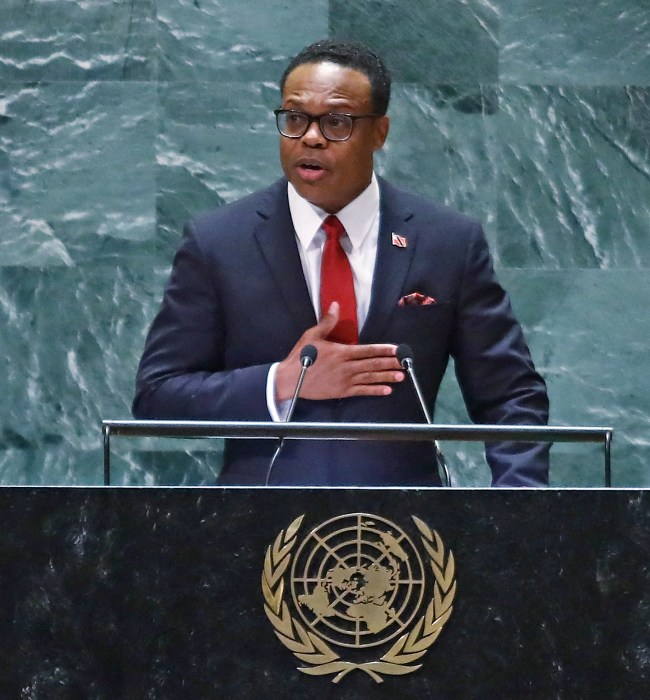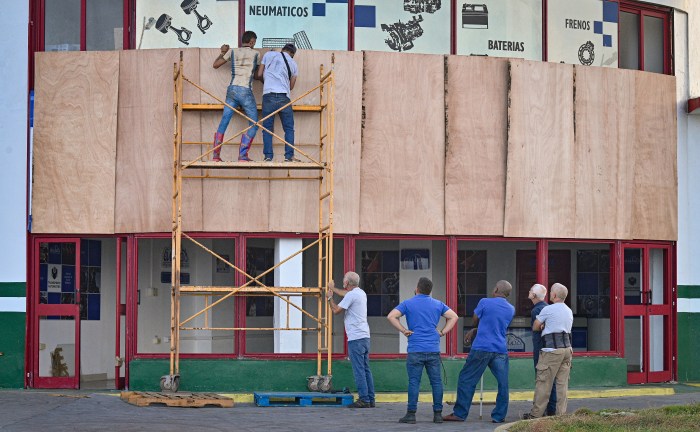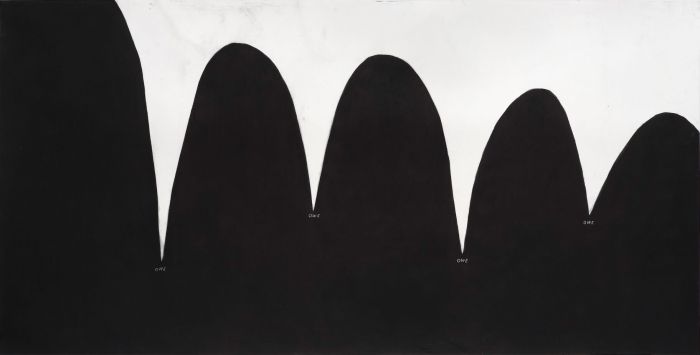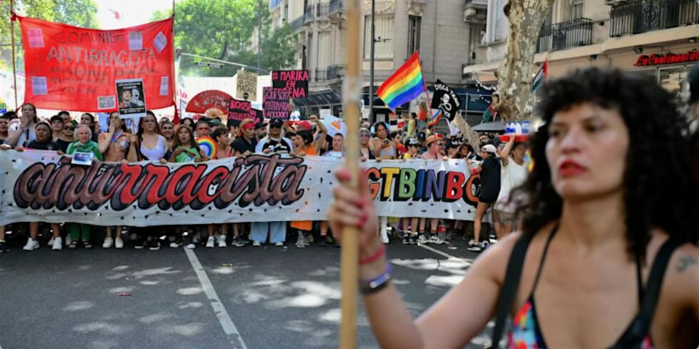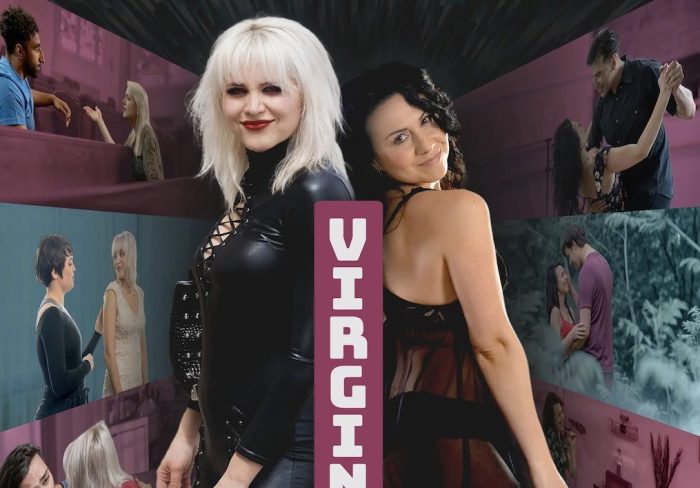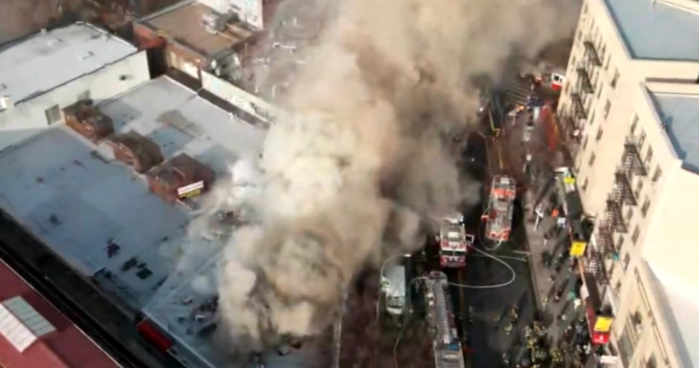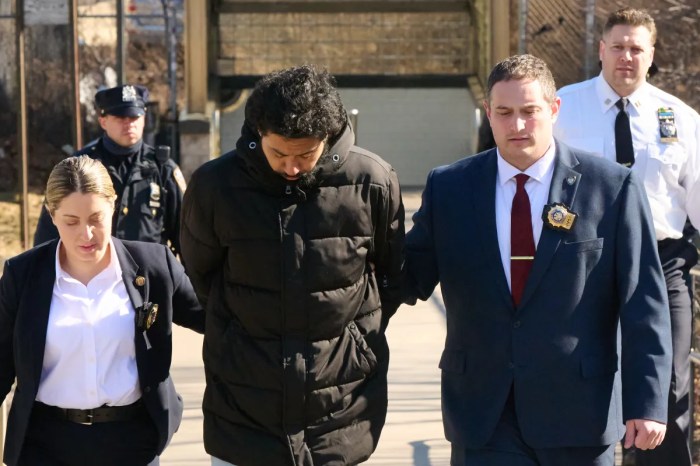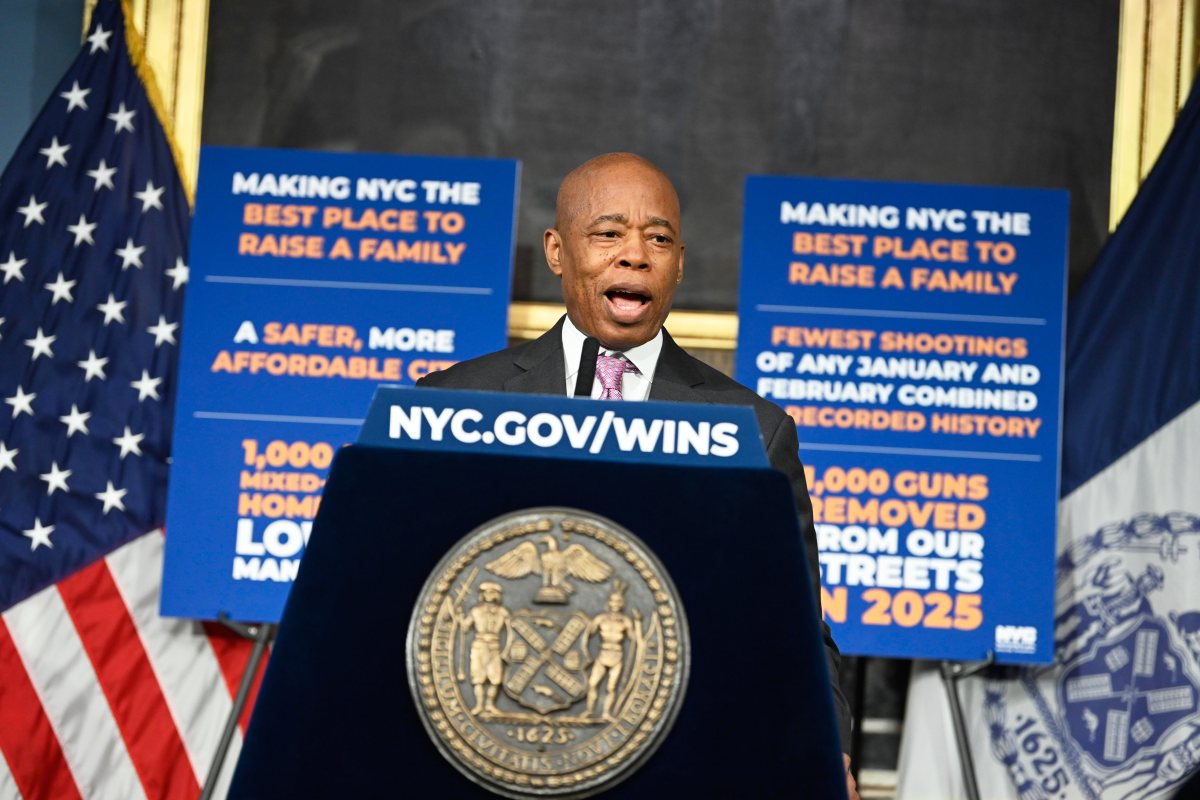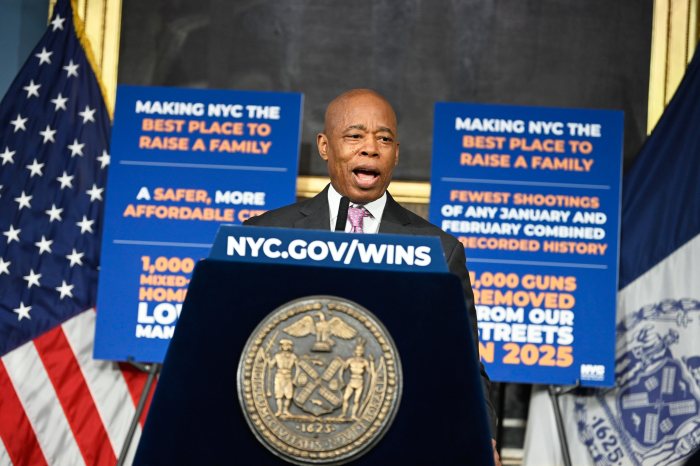A United States judge has awarded the largest amount of any U.S. lawsuit filed against the Castro government in Cuba.
Miami-Dade Circuit Judge Beatriz Butchko awarded US$2.8 billion judgment against Cuba to an exile veteran of the CIA and the Bay of Pigs.
Legal experts say collecting on such judgments against Cuba is the toughest part of the process. But the huge award to Gustavo Villoldo could spark a massive hunt for Cuban assets by anyone seeking a commission.
“I am very happy with this finding. It’s justice,” said Villoldo, whose lawsuit alleged that former Cuban President Fidel Castro and Ernesto “Che” Guevara, his comrade-in-arms, persecuted him and his family, and seized their properties, to the point where his father committed suicide in 1959.
His Miami lawyer, Andrew C. Hall, who has collected on several U.S. lawsuits against Libya, Sudan and Iraq for terrorist actions, said he would try to collect part of Villoldo’s award from Cuban state-owned enterprises that do business abroad.
Villoldo, 75, and his brother Alfredo, 72, already had won a US$1.2 billion award against Cuba in 2009, ordered by Miami-Dade Circuit Judge Peter Adrien.
At the time, that was the highest judgment ever against Cuba in a U.S. court. But a legal problem with that lawsuit led him to re-file it with Judge Butchko, who awarded them US$2.8 billion, including $1.4 billion for the seized properties.
Hall said the refiled lawsuit focused more on the allegations of Cuban abuses, including threats against Villoldo’s father, also named Gustavo, that his family would be killed if he did not surrender all his properties to the government.
Cuba’s government never defends itself against such lawsuits in U.S. courts, so the judgments against it are almost automatic.
Cuban funds and properties in the United States, frozen since the early 1960s, have been steadily shrinking as previous claimants have collected on some of their awards, Hall said.
Some of the funds, for example, were used to pay about half of a US$187 million award against Cuba won in 2006 by relatives of the four Brothers to the Rescue members shot down and killed by Cuba’s air force in 1996.
Hall said he would go after some of the frozen funds but also would target the funds of Cuban government enterprises that do business abroad. He mentioned state enterprises in the telecommunications, tobacco, tourism, oil and liquor industries.
He said a third option would be to try to collect from a post-communist government in Cuba.
Hall said he has collected on all eight lawsuits he filed against the governments of Iraq, Libya and Sudan for terrorism — including US$13 million from Sudan for relatives of the 17 US sailors killed in the terrorist attack on the USS Cole.
Villoldo’s father committed suicide shortly after Guevara questioned him about his business, Villoldo Motors, and the son was repeatedly threatened with execution during 10 days he spent in a notorious Guevara-run prison, Hall said.
The son fled the Spanish-speaking Caribbean island and took part in the 1961 Bay of Pigs invasion as part of the Brigade 2506’s air wing, flying two air missions over the beachhead to strafe Castro forces surrounding the doomed exile invaders.
Villoldo later joined the CIA’s campaign to track down Guevara as the Argentine revolutionary sought to spread the Castro ideology around the world, first in the Congo, then in the Dominican Republic and finally in Bolivia, where he was captured and executed in 1967


